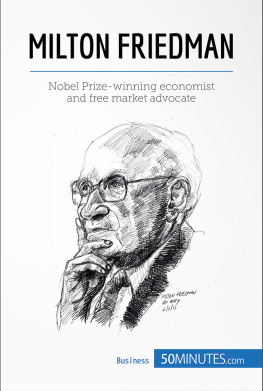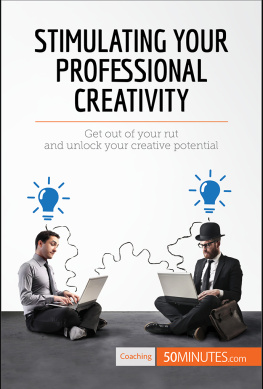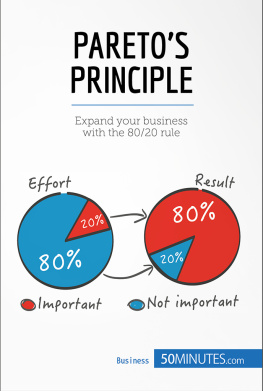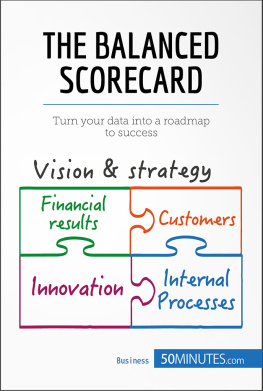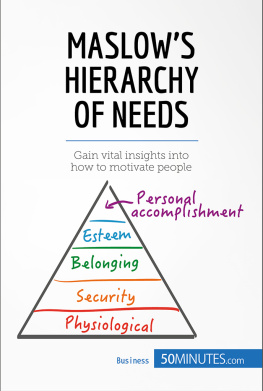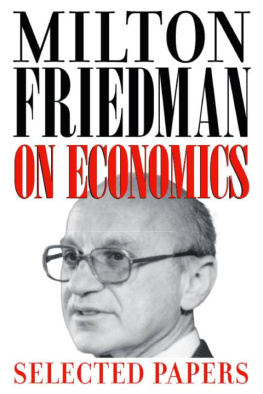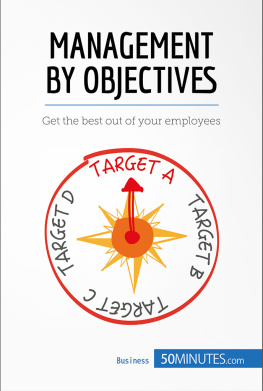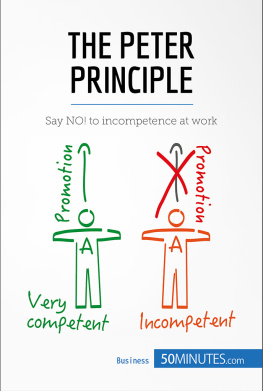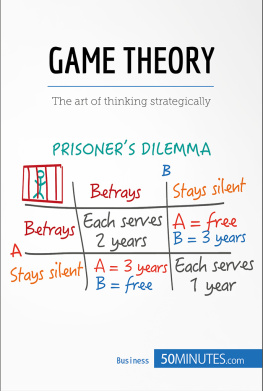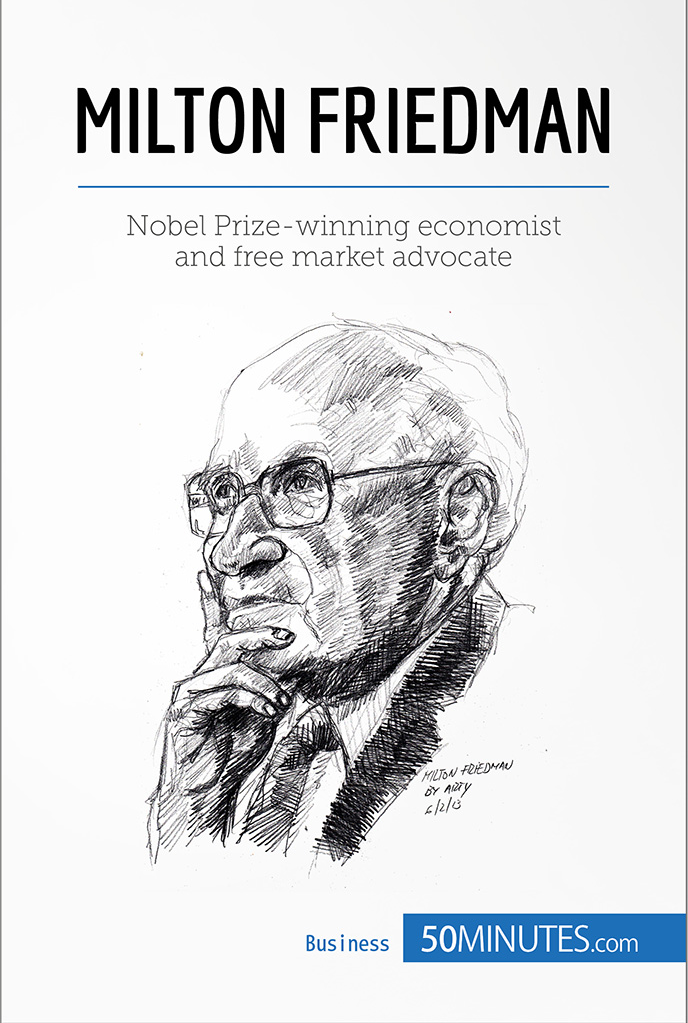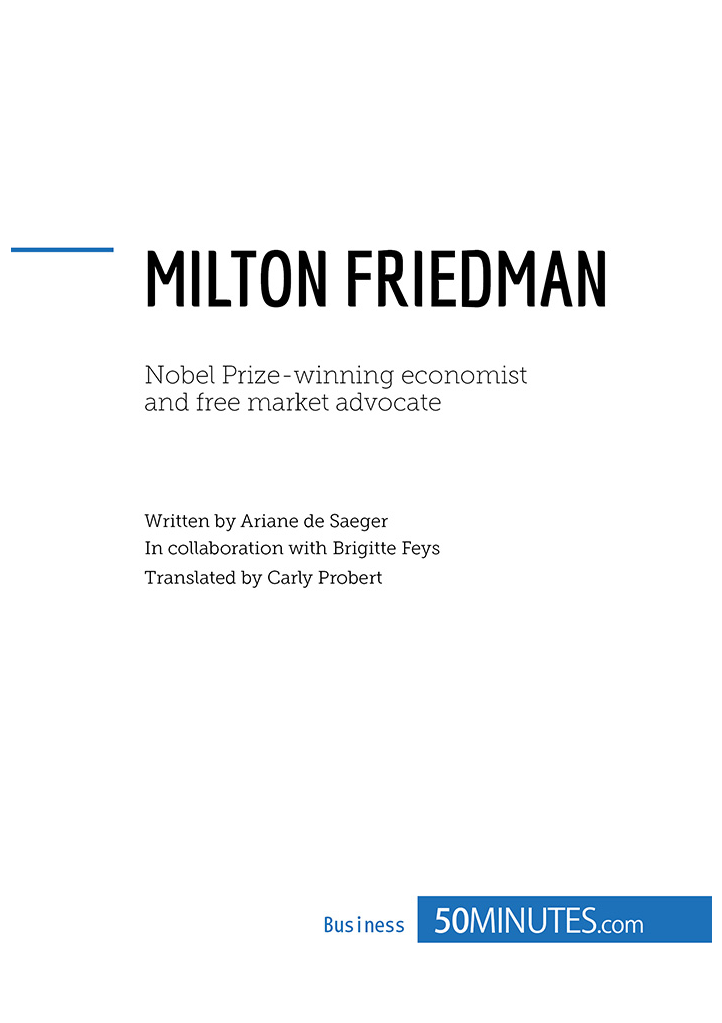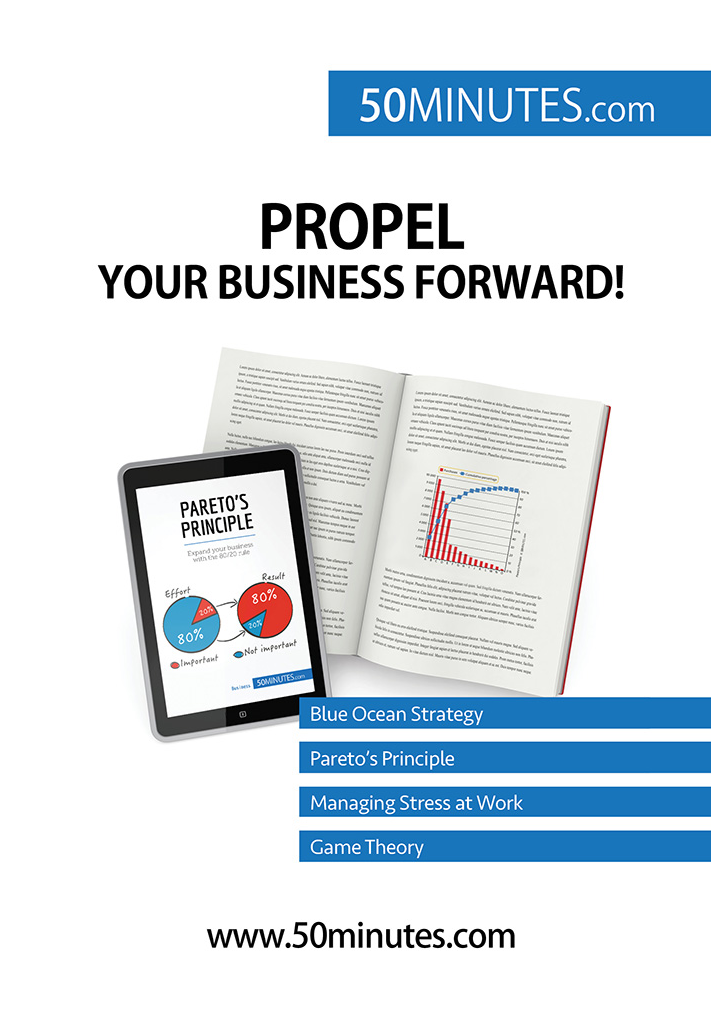Milton Friedman
Key information
- Name: Milton Friedman.
- Born: 31 July 1912 in New York.
- Died: 16 November 2006 in San Francisco.
- Context: he lived during a time that was marked by a liberal revival that aimed to reduce state intervention.
- Economic ideology: liberal inspiration, Chicago school of economics, monetarism.
- Notable works:
- Income from Independent Professional Practice , 1945 (with Simon Kuznets)
- Essays in Positive Economics , 1953
- Studies in the Quantity Theory of Money , 1956
- Capitalism and Freedom , 1962
- Monetary History of the United States , 1963 (with Anna J. Schwartz)
- Free to Choose , 1980.
- Key words:
- Floating exchange rate: unlike a fixed exchange rate, a floating exchange rate evolves freely according to supply and demand. Imagine that a European citizen wishes to take a loan from a US bank. Therefore, the repayment of the loan will require an exchange of currency to pay the banker in dollars. If the latter offers a loan with a floating exchange rate, this means that the amount of the loan to repay will vary depending on the rate offered by the market.
- Free trade: free trade is a theory which advocates the removal of all borders to trade and the freedom of international transactions. This system opposes protectionism, which protects its own economy against foreign competition by means of tariff and non-tariff barriers to trade, through measures such as taxes. For example, Country A which finds difficulties within its borders in the production and sale of milk, will protect itself by introducing a tax on any other country B wishing to produce and sell milk in country A at a lower price. Free trade aims to remove any possibility of protection against competition.
- Market economy: a system in which economic agents (companies and individuals) have the freedom to buy and sell goods, services and capital. Everyone then acts according to their own interests: profit, considered positive, is the reward for the risk here.
- Neoclassical theory: dating from the late 19 th century, this theory aimed to strengthen the liberal ideas of classical economists such as Adam Smith (British economist, 1723-1790) or David Ricardo (British economist; 1772-1823) which had recently been challenged.
- Permanent income hypothesis: this is a theory developed by Milton Friedman in 1957 which assumes that consumer behaviour depends not on their current income, but their estimated long-term income.
- Planned economy: an economy where investment choices, production and pricing are decided by the state or its authorised agencies. A planned economy is the opposite of a market economy.
- Shares: in the stock market, shares are the stocks owned by a company. Investors are encouraged to buy shares in one or more companies to receive dividends and see their value increase, thus securing a profit on the sale. The value of the stock and the dividends together form the Return on Investment (ROI) of the share.
- Stock exchange mechanism: if the bank loan rate is low, more people borrow in order to invest more in the stock market. When it goes up, people then sell their stock investments (e.g. shares) to settle their debt with a remaining profit. For this mechanism to work, it is necessary for the borrowing rate to be low and the stock market to be continually growing.
- Stock exchange: a meeting place between supply and demand for a financial product (a company share, for example).
- Wall Street Crash of 1929: in 1929, interest rates rose, the stock market was at a standstill and people were selling their stocks simultaneously to repay their loans. The consequence: the stock market fell irreversibly.
Introduction
From a historical point of view, the early years of the economist Milton Friedman coincide with the Roaring Twenties, marked by strong economic growth the highest in two centuries as well as two industrial revolutions; automobiles and electricity. At that time, the US was the first industrial power, ahead of Germany, France and Britain, thanks to two factors:
- the emergence of new consumer products, such as the automobile, petrol, radio, etc.;
- the economic conquest of Europe, particularly through the creation of multinational companies (Coca-Cola, General Electric, Ford, etc.) that established global marketing.
The Industrial Revolution
The industrial revolution is marked by a transition from a traditional production system to that of large-scale production supported by increased mechanisation. Also, the tasks performed by the workers became more and more specialised, which increased the standardisation of products.
Moreover, the per capita income rose from $522 to $716 between 1921 and 1930, and the rise of the stock market reached 300% during the same period, while American industrial production only rose by 50%. With stock prices increasing faster than the actual production and company profits, the United States found itself in a downward spiral: the stock market controlled the economy.
As a teenager, Milton Friedman witnessed the economic crisis (Wall Street Crash of 1929) and famine, the rise of extremists, xenophobia and anti-Semitism and finally the Second World War.
The damage caused by the 1929 crisis was so widespread that various policies soon emerged advocating the return to a planned economy. Many reforms were adopted in that direction. Thus, in the United States, Democratic President Franklin Roosevelt (1882-1945) established the Glass-Steagall Act in 1933, which separated the management of banks and the stock exchange in order to ensure full transparency of banking and financial activities, and restore the confidence of the population.
His life
Youth and education
Born in Brooklyn in 1912 to a modest family of Romanian Jewish immigrants, Milton Friedman was an excellent student: after receiving his high school diploma shortly after his sixteenth birthday (1928), he first studied at Rutgers University (New Jersey) where he obtained a Bachelor of Arts in 1932. He then studied mathematics and actuarial science (mathematics specialising in probability and statistics to estimate the impact of future financial flows and determine the level of risk), before turning to pure economics at the University of Chicago. Finally, he completed further studies in statistics at Columbia, where he met George Joseph Stigler (American economist, 1911-1991). Later, he returned to Chicago to work as a research assistant with the American economist and statistician Henry Schultz (1893-1938).
During this same period, he met the woman who would later become his wife, Rose Director (American economist, 1911-2009). We can also see her influence in some of her husbands writings. From their marriage came two children. One of them, David Friedman, began scientific studies before moving into economics like his parents. He was to become part of a current anarcho-capitalist utilitarian trend, which advocates a system without state intervention.
From teaching to a Nobel Prize
When Friedman completed his studies in 1935, he did not immediately find a university teaching post so he began a federal career in the programmes launched by President Roosevelt that offered many opportunities for economists. That same year, he worked on a study on consumption for the National Resources Committee. In 1937, he worked for the National Bureau of Economic Research (NBER) assisting Simon Kuznets (American economist, 1901-1985) in his work on income theory. From 1941 to 1943, Milton was a consultant to the US Treasury Department and mostly worked on the policy of wartime taxes.

